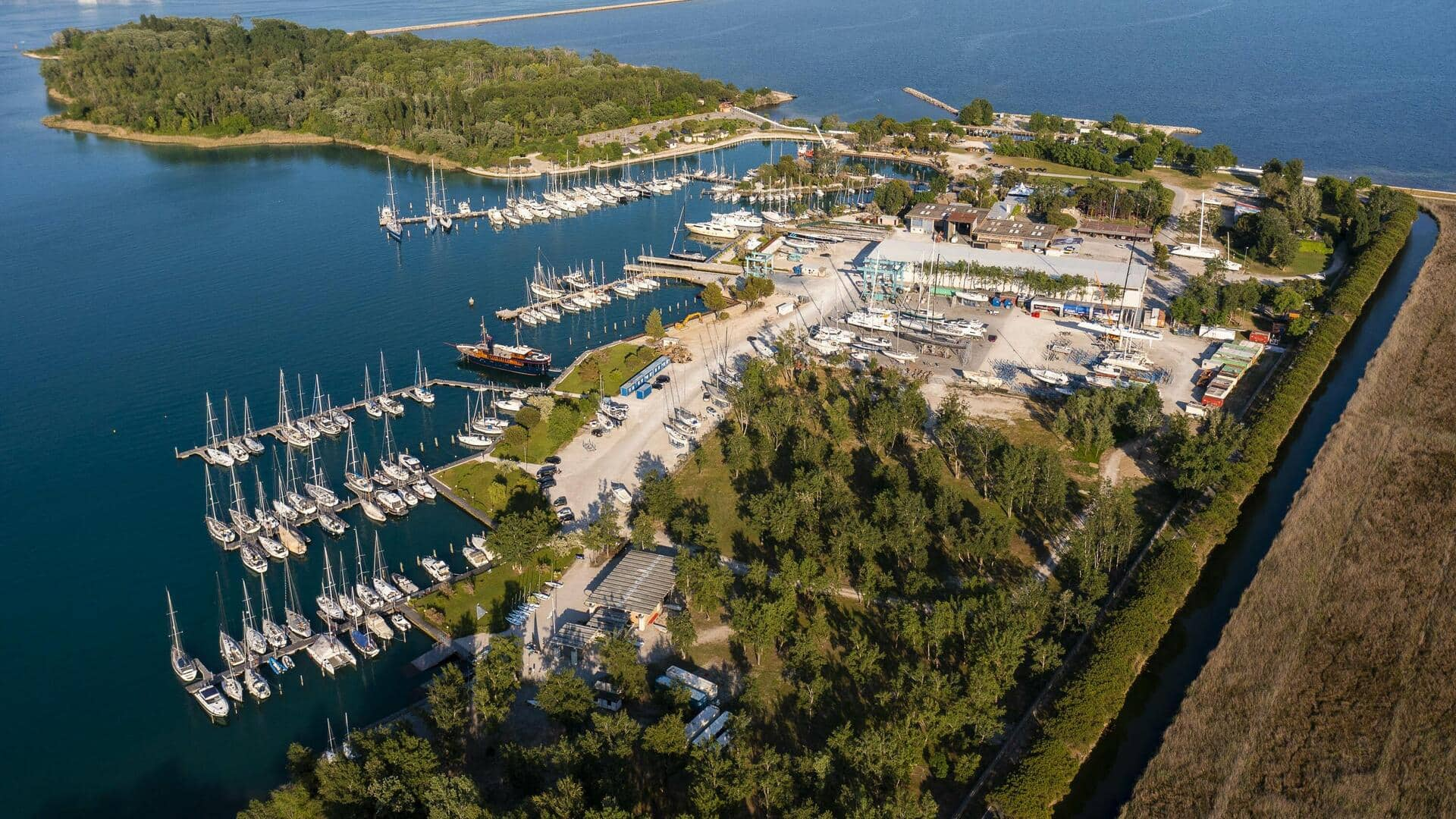What’s the story
The small Italian town of Monfalcone, located on the Adriatic coast, has banned the sport of cricket.
The ban was imposed by Mayor Anna Maria Cisint, who cited a lack of space and funds to build a new pitch as well as potential dangers posed by cricket balls.
Those caught playing in the town can face fines up to €100 (£84).
Cricket ban highlights deeper tensions in Monfalcone
Bangladeshi immigrants told the BBC that the ban has been put in place because of foreigners like themselves.
The ban has become a symbol of underlying tensions in Monfalcone, a town with a unique ethnic composition.
Of its 30,000 residents, nearly one-third are foreigners—most of whom are Bangladeshis who migrated in the late 1990s to work on cruise-ship construction.
Mayor Cisint, a member of the far-right League party, believes Monfalcone’s cultural identity is at risk due to this demographic shift.
Mayor’s measures to ‘protect’ town and Christian values
Cisint, who was elected mayor in 2016, has implemented several measures aimed at preserving the town’s cultural identity and defending Christian values.
These include removing benches from the town square where Bangladeshis used to gather and protest against the attire worn by Muslim women at the beach.
She told the BBC that she refuses to allow the Bangladeshis to play their national sport, cricket, in Monfalcone as they offer “nothing in return” for this privilege.
Bangladeshis’ contribution to Monfalcone’s economy and culture
Many of the Bangladeshis in Monfalcone had moved to Italy to work at the Fincantieri shipyard, Europe‘s largest and one of the world’s biggest.
The town now features Bangladeshi restaurants, halal shops, and a network of cycle paths predominantly used by the South Asian community.
However, Cisint accuses Fincantieri of “wage dumping,” paying below-market wages often to foreign workers—a claim refuted by the shipyard director Cristiano Bazzarra.
Mayor’s actions spark controversy and legal battles
Cisint’s controversial measures have not been without consequences.
She has received death threats due to her views on Muslims, necessitating 24-hour police protection.
Her decision to effectively ban collective prayer at two Islamic centers in the town led to a legal battle, with a regional court ruling in favor of the Islamic centers and annulling the town council’s order.
Regardless, Cisint remains committed to her campaign against what she calls “the Islamisation of Europe.”

